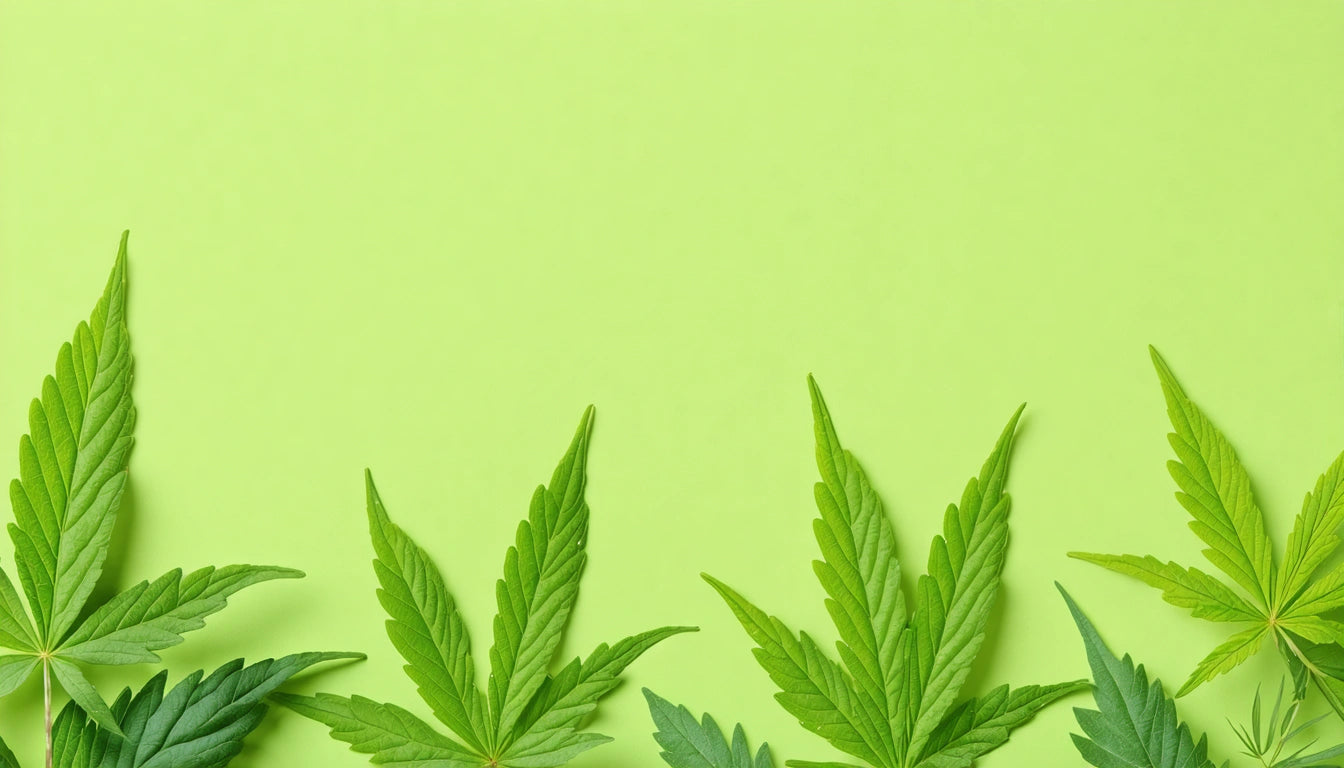Table of Contents
- Understanding Cannabinoids: THC and Its Variants
- Delta 8 THC vs Delta 9 THC: Chemical Structure and Potency
- Effects Comparison: How Delta 8 Differs from Regular THC
- THCA and Delta 8: Understanding the Precursor Relationship
- Legal Considerations for Delta 8 THC vs Traditional THC
- Consumption Methods and Product Availability
- Future Applications and Research Directions
Comparing Delta 8 THC and THC: Differences and Effects
The cannabis landscape has evolved significantly with the emergence of various cannabinoids beyond traditional THC. Among these, Delta 8 THC has gained substantial attention for its unique properties and effects. Understanding how Delta 8 THC compares to regular THC (Delta 9) and other cannabinoids like THCA is essential for consumers, medical professionals, and industry stakeholders.
Understanding Cannabinoids: THC and Its Variants
Cannabis contains over 100 cannabinoids, with THC (tetrahydrocannabinol) being the most well-known for its psychoactive properties. However, THC exists in multiple forms, including Delta 8 THC, Delta 9 THC (traditional THC), Delta 10 THC, and THCA (tetrahydrocannabinolic acid).
Delta 9 THC is the primary psychoactive compound found in cannabis, responsible for the characteristic "high." THCA is the non-psychoactive precursor to Delta 9 THC that converts to THC when heated through a process called decarboxylation.
Delta 8 THC, meanwhile, is a naturally occurring cannabinoid found in trace amounts in cannabis plants. Due to its scarcity in natural form, most commercial Delta 8 products are created by converting CBD or Delta 9 THC through chemical processes.
Delta 8 THC vs Delta 9 THC: Chemical Structure and Potency
The primary difference between Delta 8 THC and Delta 9 THC lies in their molecular structure. Both compounds share nearly identical chemical compositions, but Delta 8 has its double bond on the 8th carbon chain, while Delta 9 has it on the 9th carbon chain.
This subtle structural difference creates significant variations in how these compounds interact with the body's endocannabinoid system, particularly with CB1 receptors in the brain and central nervous system.
According to potency comparisons between Delta variants, Delta 8 THC is generally considered to be about 50-75% as potent as Delta 9 THC. This reduced potency contributes to its reputation for providing a milder, more clear-headed experience.
Effects Comparison: How Delta 8 Differs from Regular THC
Delta 8 THC Effects
- Milder psychoactive experience
- Clear-headed high with improved focus
- Reduced anxiety and paranoia
- Moderate appetite stimulation
- Potential pain relief with less sedation
Delta 9 THC (Regular THC) Effects
- Stronger psychoactive experience
- More pronounced euphoria
- Potential for anxiety or paranoia in higher doses
- Significant appetite stimulation
- Strong pain relief often accompanied by sedation
Many users report that Delta 8 provides a functional high that allows them to remain productive while still experiencing therapeutic benefits. This makes it potentially valuable for daytime use when compared to traditional THC products that might impair cognitive function more significantly.
For accurate dosing of either cannabinoid, precise measurement tools like digital scales are essential for both consumers and producers to ensure consistent experiences and proper product formulation.
THCA and Delta 8: Understanding the Precursor Relationship
When comparing thca vs delta 8 thc, it's important to understand their relationship in the cannabis plant. THCA is the raw, non-psychoactive form found in fresh cannabis that converts to Delta 9 THC when heated. Delta 8 THC, however, is not directly produced from THCA.
Instead, as cannabis ages, some Delta 9 THC naturally converts to Delta 8 THC. This is why Delta 8 is found in such small quantities in natural cannabis. Understanding the conversion process from THCA to various THC forms helps explain why different cannabis products produce distinct effects.
Legal Considerations for Delta 8 THC vs Traditional THC
The legal status of Delta 8 THC remains complex and varies significantly by jurisdiction. Following the 2018 Farm Bill, hemp-derived Delta 8 THC products gained popularity in regions where traditional THC remains illegal.
However, several states have specifically banned Delta 8 THC, while others maintain ambiguous positions. This legal gray area has contributed to Delta 8's rapid market growth but also raises concerns about regulation and product safety.
In contrast, Delta 9 THC remains federally illegal in the United States when exceeding 0.3% concentration, though many states have legalized it for medical and/or recreational use. This regulatory distinction has significant implications for consumers and businesses operating in the cannabis space.
Consumption Methods and Product Availability
Both Delta 8 THC and traditional THC are available in various consumption formats:
- Vape cartridges and disposables
- Edibles (gummies, chocolates, beverages)
- Tinctures and oils
- Flower (Delta 8 is typically sprayed onto CBD flower)
- Concentrates and dabs
Delta 8 products have become particularly popular in the form of vape cartridges and gummies, especially in areas where traditional cannabis remains restricted. Meanwhile, Delta 9 THC offers a broader product range due to its longer market presence and established manufacturing processes.
Comparing the THC content across these products reveals significant variations that influence both effects and legal status.
Future Applications and Research Directions
As research into cannabinoids expands, both Delta 8 THC and traditional THC show promise for various therapeutic applications. Delta 8's milder psychoactive profile may make it suitable for patients who find Delta 9 THC too intense, potentially opening new treatment avenues for conditions like anxiety, pain, and nausea.
The growing interest in minor cannabinoids like Delta 8 also highlights the cannabis plant's complexity and the potential for discovering additional compounds with unique properties. As analytical techniques improve and research comparing different THC variants advances, our understanding of how these compounds interact with the human body will continue to evolve.
For consumers navigating this complex landscape, education remains crucial. Understanding the differences between delta 8 THC vs delta 9 THC allows for more informed choices based on desired effects, legal considerations, and individual sensitivity to cannabinoids.











Leave a comment
All comments are moderated before being published.
This site is protected by hCaptcha and the hCaptcha Privacy Policy and Terms of Service apply.